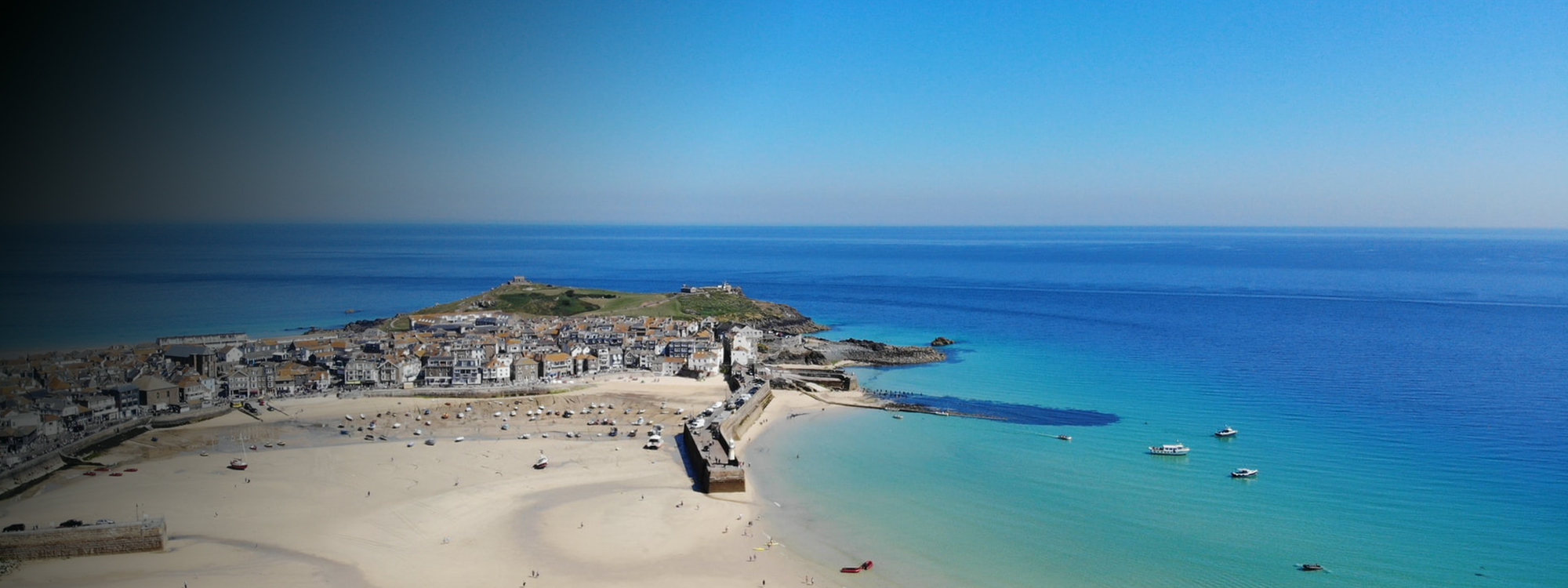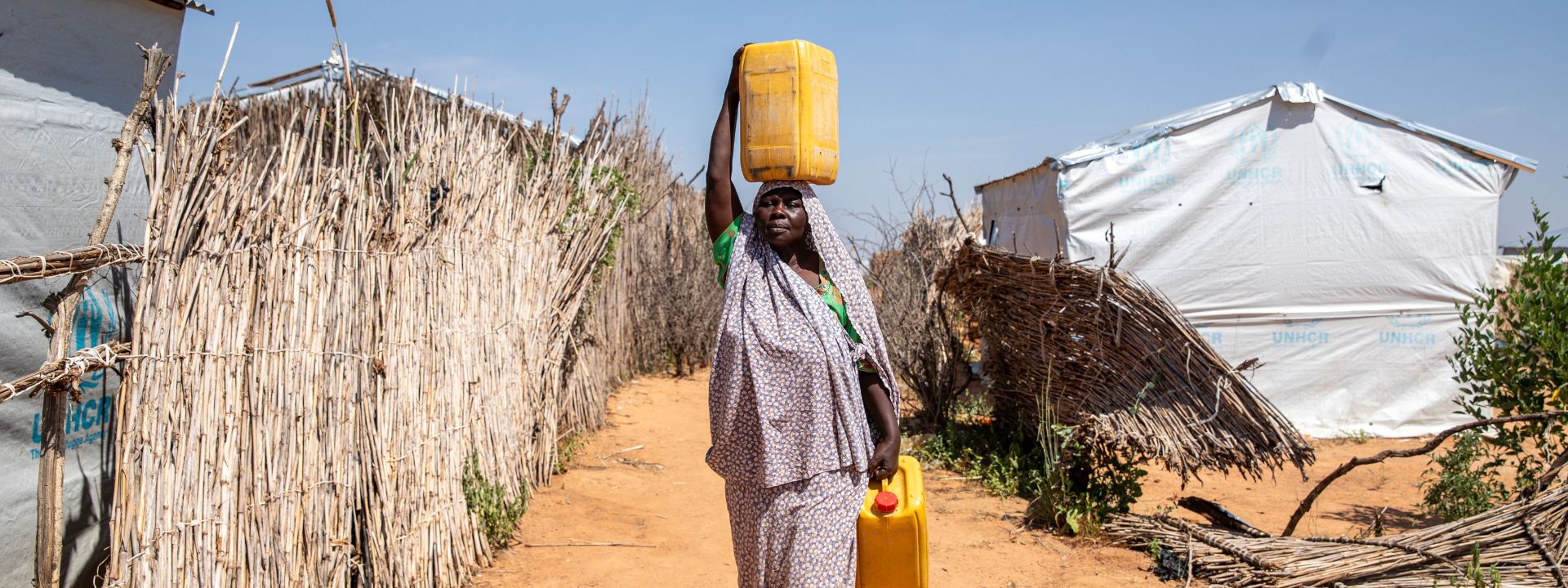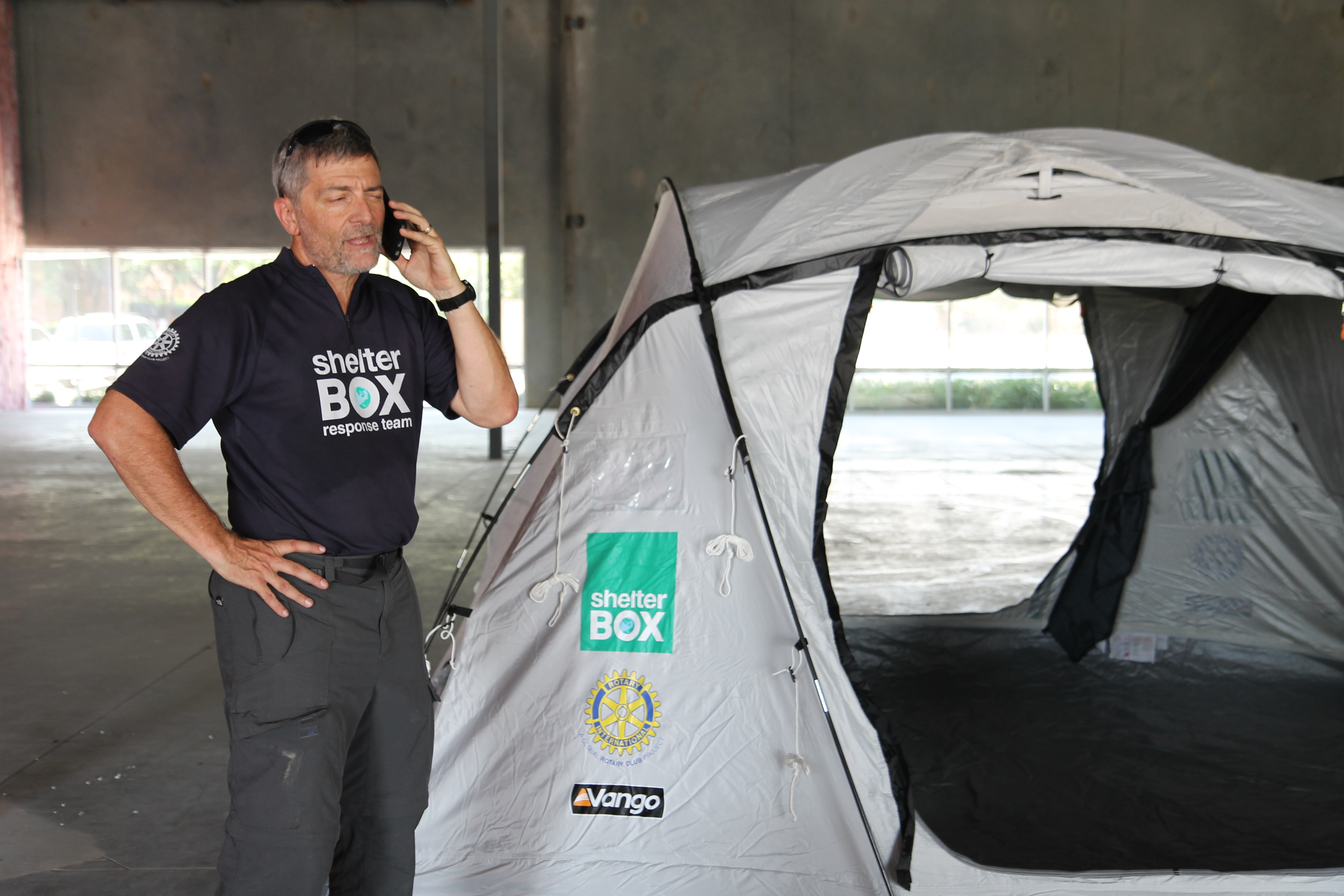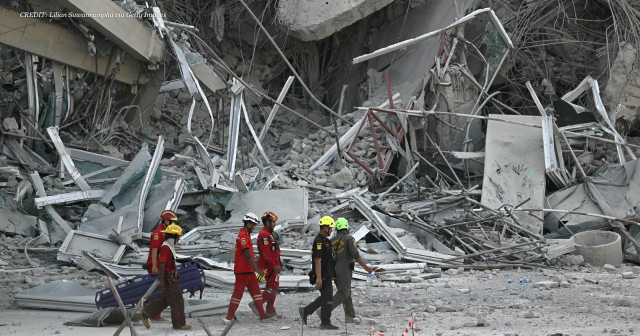
Blog
The G7 comes to Cornwall – what will be on the table?
So, the G7 is coming to Cornwall. Residents of St Ives have received maps of no-go areas and coast path diversions, and on the main road into Falmouth, there’s a distinct scent of new tarmac and fresh paint, as the Media Centre starts to take shape by the Maritime Museum.
With all the ‘will-it-won’t-it be on Zoom?’, the road closures, the fears of disruption, the headlines musing on whose protest will make the biggest splash or which pasty will be served at the buffet… it’s almost been overlooked the pressing global challenges that will be on the table.
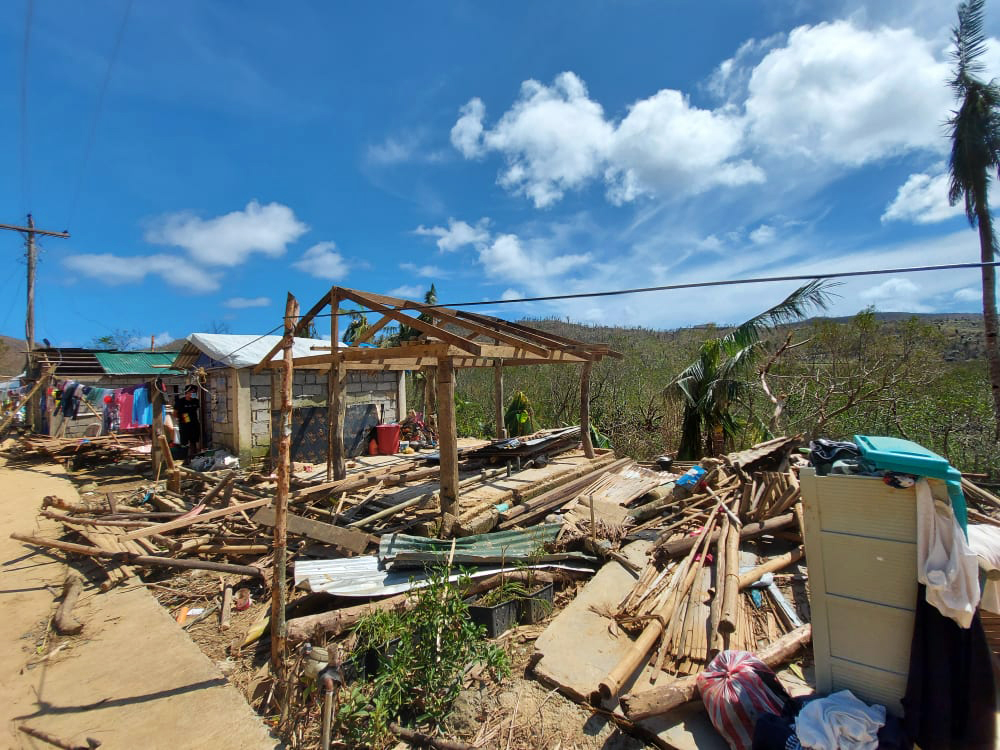
Build back better
From 11-13 June, twelve world leaders will unite to tackle some of the biggest issues facing our world today. The UK will be joined by fellow G7 members Canada, France, Germany, Italy, Japan and the USA, with the EU also attending. Guest countries are Australia, India, South Korea and South Africa.
As the UK holds the Presidency of the G7 for 2021 and will host COP26 (the United Nations Climate Change Conference) in November, it’s down to our leaders to set the direction of the summit, following up on its commitments and actions throughout the year and beyond. They plan ‘to unite leading democracies to help the world fight and then build back better from coronavirus and create a greener, more prosperous future’.
But what does ‘build back better’ mean in practice? For ShelterBox, the aims of the summit are inseparable from the growing need for emergency shelter worldwide.
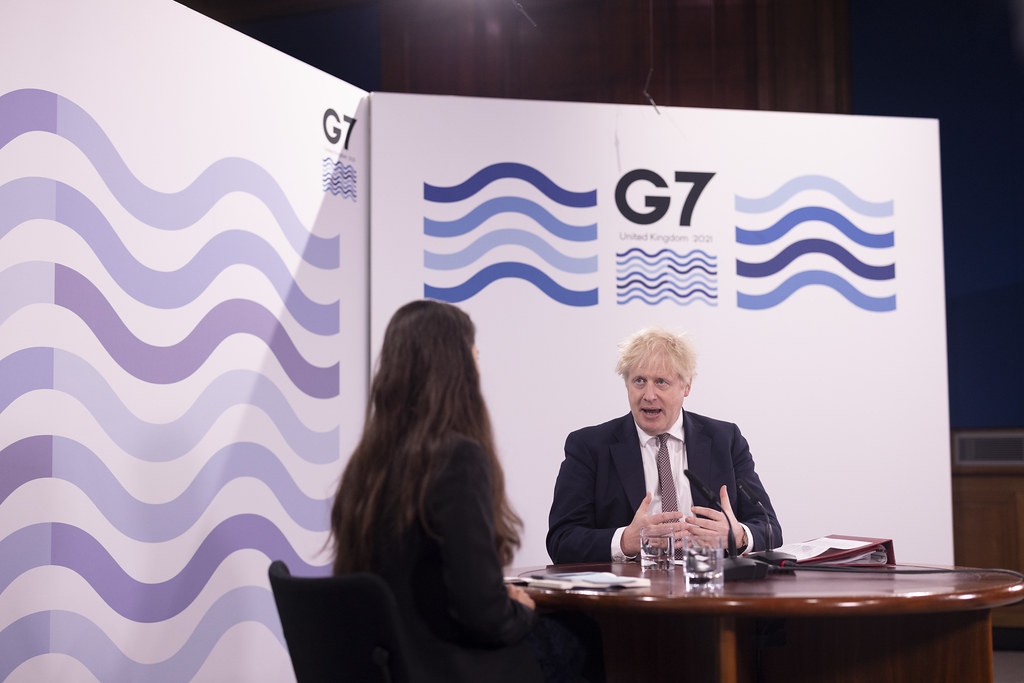
Recovery from coronavirus
Global recovery from COVID-19 – which has brought countries to a standstill and economies to their knees, as well as causing millions of personal tragedies worldwide – will be top of the agenda.
For many people who have lost their homes to devastating disasters or conflict, coronavirus is just another crisis on top of a crisis. A crowded cyclone shelter would seem the worst imaginable place to be in this pandemic – unless you’re left with no choice when the worst storm of this century approaches (Cyclone Amphan, Bay of Bengal). Social distancing is a worthy aim to reduce the spread, before a volcano makes you homeless and you move in with a host family (Taal volcano, Philippines).
By helping people isolate in smaller groups, emergency shelter is playing a vital role in limiting the spread – but we need a sustained effort to ensure vaccine equity across the world, so that everyone’s safe from this virus.
We urge the G7 to remember that The Home – so often held up as the first line of defense, for lockdowns and self-isolation – is not a shield everyone has at their side. Crucially we also need to ensure that vaccines are not just shipped to the countries that need them, but that we have the logistics to transport them (sometimes refrigerated) to every community that needs them.
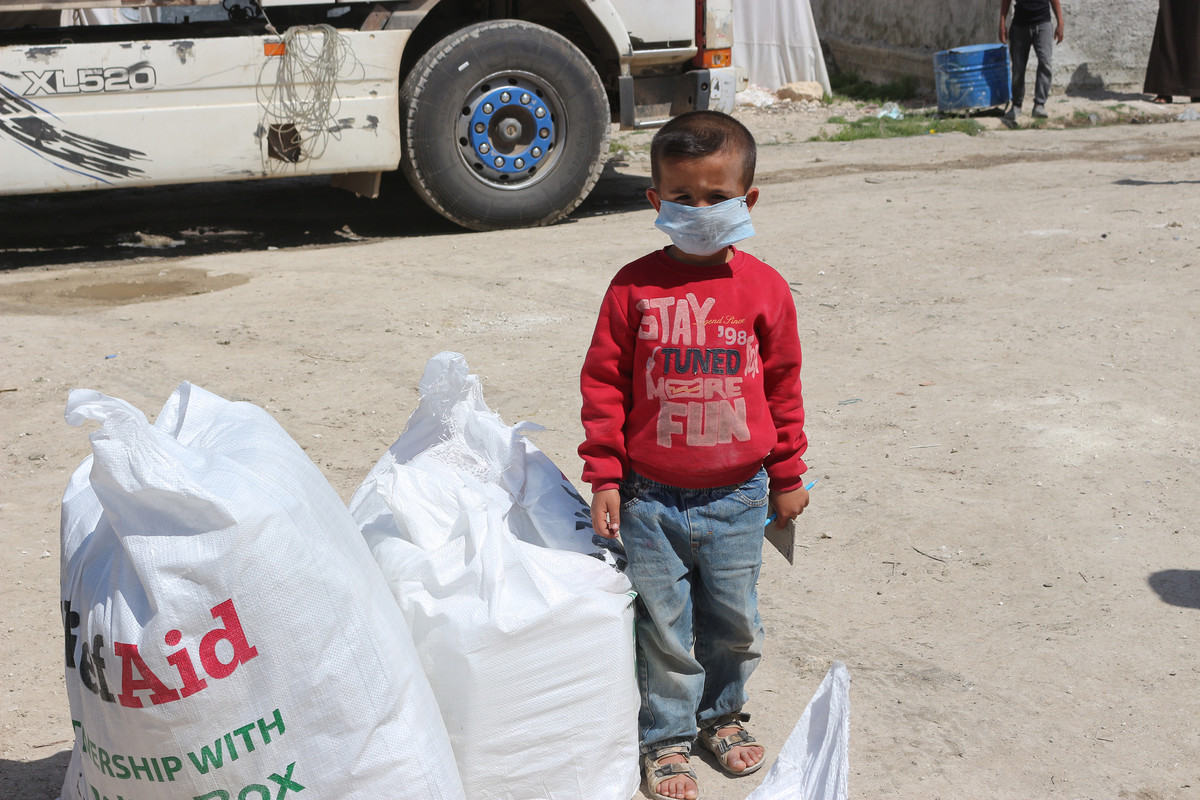
A greener future? Time to remember the present
Guests at the summit’s Carbis Bay Hotel will be sitting snugly behind £500M of sea defenses, designed to protect an exclusive set of lodges from the encroaching tides and even the most exceptional storms. But millions around the world don’t have that luxury. They don’t have homes that can withstand our heating world’s increasingly extreme weather, let alone a ‘storm of the century’.
There’s undeniable evidence that climate change is intensifying extreme weather events. It is hitting communities in parts of the world prone to the most extreme weather, with the fewest means to cope with its consequences. It is creating an unprecedented – and unmet – need for emergency shelter. The shelter we provide is a vital link between homes vulnerable to disaster now, and the longer-term goal of sustainable, durable housing for all.
From the ‘net zero G7’ that has put climate change firmly on the agenda, we also need commitments to the people already suffering its effects.
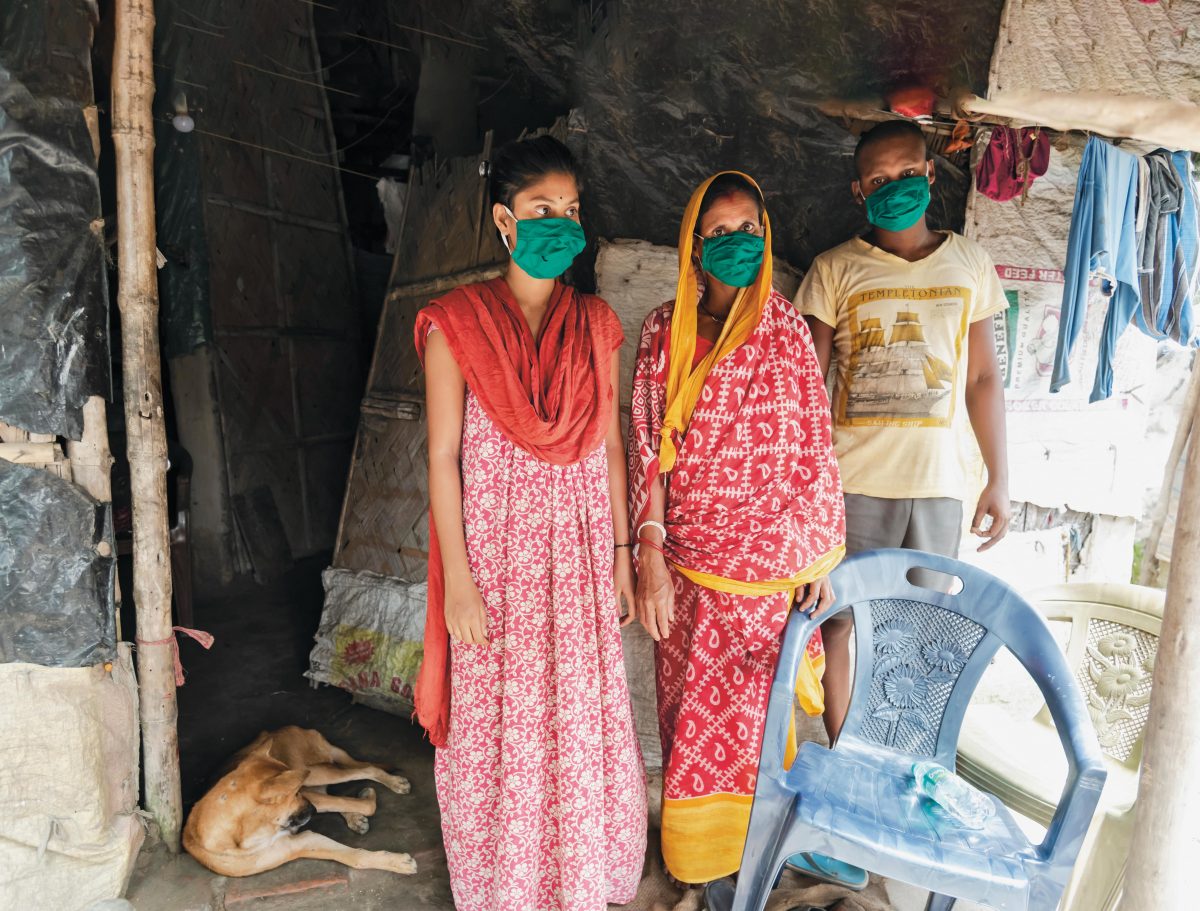
The climate crisis is a human crisis. It is a daily reality for millions, right now. Violent storms rip up houses. Droughts force communities to scatter, abandoning their homes and ways of life. Diminishing resources fuel instability and leave people more at risk of extremism and conflict. Lake Chad, now a tenth of its size in the 1960s, once supported livelihoods for millions – its crisis drives communities into refugee camps across the region, and makes them vulnerable to terror groups like Boko Haram in Nigeria.
Last year alone, 30 million people were forced to flee by worsening weather-related disasters including storms, floods and drought (IDMC’s GRID 2021 report). 6 million homes lost. That would be all the UK’s homes gone in just 5 years.
Large-scale, global solutions on climate are vital to reversing this trend – but they will be of little comfort to affected communities, without equal commitment to the practical support they need today. This is not just a future crisis. It’s happening now.
Prosperity starts from home
As we welcome the G7 leaders to Cornwall, we hope they feel at home. We hope they have a moment to pause and appreciate our stunning landscapes, vibrant culture and unique history… maybe even to catch a wave or two.
But most importantly, we hope they keep vulnerable families around the world and the importance of home at the front of their minds. Our homes are the first step in rebuilding and ultimately thriving – they’re a place to laugh again, share stories, eat and study, to recover from illness, return to work or start a business. They are the starting points for all our new plans and adventures.
Because when you have a place to call home, hope follows.
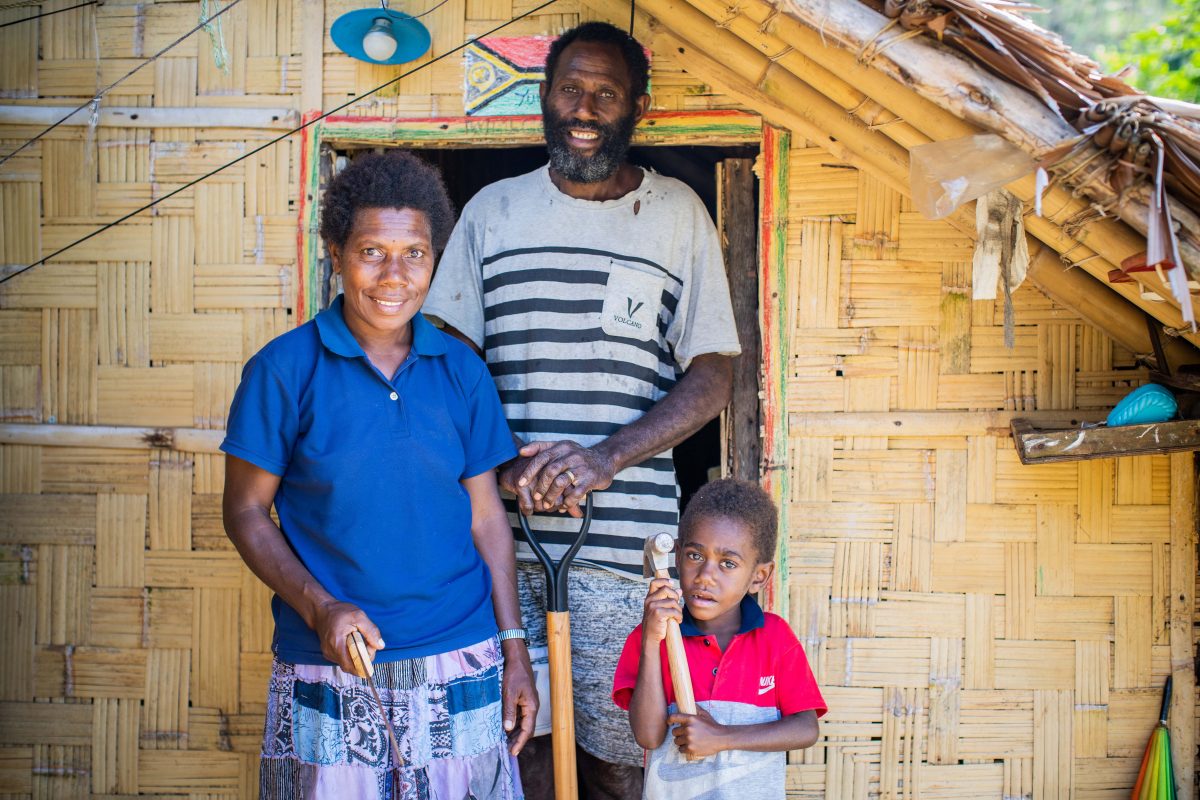
Our asks for the G7
We must call on the G7 to not only continue to support a global reduction in emissions of harmful pollutants and gases, but go further to improve the lives of people already dealing with the consequences of climate change and COVID-19:
1) Commit to providing emergency shelter to communities all over the world facing devastating new disasters caused by our heating world.
2) Support longer-term projects to help countries afford disaster-resilient housing and sustainable livelihoods, as changing weather affects agriculture-dependent communities.
3) Ensure vaccines are not only affordable and available to all countries, but also support the logistics needed to get vaccines to every corner of the globe.
ShelterBox is a member of Crack the Crises, a group of over 75 UK charities making a unified call to governments at the G7 and COP26 to tackle the coronavirus, injustice, climate change and nature crises. Find out more about ShelterBox’s involvement with Crack the Crises here.

